Learning to correctly spell and understand words is an invaluable part of a child’s educational development. With the influence of word processing programs and smartphones, the motivation of learning to spell properly is often hindered by the convenience of autocorrect. What you need is a grade by grade spelling words list!
However, learning to spell a variety of words is essential to understanding and applying proper English into real-world situations.
With SpellQuiz, an online spelling quiz program, learning to spell has never been more learner-friendly. SpellQuiz offers quizzes and tests for hundreds of spelling words based on the learning stage of the student.
With this guide, you’ll read about many of the spelling quiz words taken directly from SpellQuiz materials. For each word, you’ll also find common definitions and insights as to why these words might be relevant to the associated age group, starting with first graders and ending with twelfth graders.
Try this vocabulary test tool to know your current vocabulary level!
Now you can take part in online Spelling Bee too! Check out the SBO section on Spellquiz today! This one game covers all the simple 4th grade spelling bee words, and even the hard 10th grade spelling bee words.
First graders start out with very simple verbs, nouns, and adjectives. These words will help them get a grasp on the basics of English speaking and spelling. The best 1st grade spelling words quiz should contain words that relate to simple things. This list should include those words that they would do or say in the real world.
The word “smell” is a verb that describes the action of “inhaling a scent or odor with one’s olfactory nerves.”
Knowing how to distinguish senses by spelling, writing, and speaking is an integral part of learning and communication.
The word “dry” is defined as something that is “free of moisture” or “not wet.”
It is a descriptive word that first graders can learn to use in a wide range of subjects.
The word “cold” is an adjective describing something that “lacks warmth” or “has a low temperature.”
Like other adjectives that describe feelings, knowing this word is important for helping young children learn how to express themselves.
The word “hope” is defined as a feeling that a given outcome or series of events will turn out for the best.
This word is a noun that can also be used as a verb (for example, “hoping”).
The word “fog” is defined as “a cloudlike mass” that can occur near the surface of the earth. Similar to rain, fog is an important noun to know when discussing the weather.
The word “play” can be used as a verb when referring to “a fun activity for amusement.”
It can also be a noun describing a composition of drama performed on a stage.
The word “bus” is commonly used as a noun to describe a “large motor vehicle” used for transportation.
Students will likely come to know this word very well.
The word “glass” is a noun referring a type of transparent substance. Students may use the word when discussing a windowpane or cup, to name some examples.
The word “late” is an adjective that describes something or someone that has arrived or occurred “after the usual time.”
Late is an essential word to grasp for anyone who may need to do something within a deadline.
The word “drink” is a versatile word that can be used as a noun as well as a verb. This is an expressive word that students should become familiar with right away.
A 2nd grade spelling test should only include basic words. It would help them incorporate a wider range of adjectives, nouns, and verbs. It would help them get rid of the fear of spelling tests and exams.
Word complexity will increase slightly, but words will still be familiar and vastly applicable.
The word “name” is frequently used as a noun to describe a word that is “designated or assigned to a specific person, place or thing”.
Using this word is a great start for children learning to address individuals or ask questions to specific people.
The word “puddle” is defined as “a small pool of water” or some other type of liquid. This is a great double-letter word that a student can practice when learning about vocabulary and phonetics.
The word “there” is an adverb defined as “in or at that place”. Second graders should be able to start recognizing the differences between “there”, “they’re” and “their.”
The word “floor” is defined as a surface that encloses the lower part of a room in a structure.
Second graders should be able to spell and recognize the noun, “floor”.
The word “truth” is defined as something that is “verified” or “conformed with facts”. This is a great example of a commonly used word that ends in “th”.
The word “sister” is defined as a “female offspring” that has the same parents or a close kinship with another. Many students with siblings will use this word on a day-to-day basis.
The word “bicycle” is a noun referring to a vehicle with “two wheels in tandem”. This is a commonly misspelled word that students should be introduced to as they learn how to ride bicycles.
The word “knits” is defined as the action of knitting or “making a garment by hand with yarn”. This plural noun can be a challenge due to the silent “k”.
The word “soil” can be defined as “a layer of the earth’s surface where plants and crops may grow”. Students may begin recognizing this word in physical science studies.
The word “owl” is a noun referring to a member of a group of nocturnal birds of prey from the taxonomic order, Strigiformes. Learning simple animal names is a great way to catch a student’s interest in a 2nd grade spelling words quiz.
Third graders may begin to learn words that are more specific to certain types of subjects. A 3rd grade spelling test may also start to incorporate longer words with more syllables.
The word “airplane” is a noun referring to “heavier-than-air” manmade This is a fairly commonly used word with two syllables.
The word “cried” is derived from “cry,” which is defined as “the action of shedding tears.” This is a great example of a commonly used past tense verb.
The word “property” is defined as a possession (such as a piece of land) that a person owns. This can be a challenging three-syllable word to spell.
The word “current” can have several different meanings; it’s commonly used to define something that’s “passing in present time.” This is an example of a word that is commonly used both as an adjective and a noun (the flow of water or electricity, for example).
The word “oxen” is a plural of the noun “ox,” which is a type of This word is great spelling practice for appropriate words containing the letter “x.”
The word “pleasure” is a noun defined as being in “a state of gratification or delight.” This word can be a challenge to spell and pronounce.
The word “stand” is a verb defined as “to rise to one’s feet” or be in an “upright position.” This word is commonly used as part of many verb phrases (“stand down,” for example).
The word “indoors” can be defined as “the space inside or within a building.” This word is a commonly used adverb.
The word “bounce” is a verb meaning “to spring back” from the ground or another surface. This is a unique action word that makes an interesting addition to a 3rd grade spelling words quiz.
The word “photograph” is a noun referring to “a picture,” usually produced by a camera. This is a frequently used word and great spelling practice for words that end in “ph.”
Quizzes with the best 4th grade spelling words will continue adding more complex words that are increasingly difficult to spell and pronounce. Fourth graders may also start to learn more unique adjectives, adverbs, and conjunctions as they gradually expand their vocabularies. That’s why a 4th grade spelling test starts to become a bit hard.
The word “whenever” is defined as “at any time” depending on the usage. It’s a unique yet commonly used conjunction.
The word “master” is defined as a “person who owns or has the ability to control or hold power over something.” This word can also be used as an adjective (“a master play”) or a verb (“to master a language”).
The word “award,” as a verb, means to “assign or bestow.” As a noun, it’s something that one may receive, such as a medal.
The word “citizenship” is defined as a position of having certain rights or privileges in a particular country or society. With its four syllables, this word may be a challenge to spell and pronounce.
The word “approach,” as a verb, is defined as the action of coming near or closer to or “to make advances.” This word includes double letters (“pp”), which should be practiced in a 4th grade spelling quiz.
The word “acreage” is a noun that defines “a plot of land” or a given extent of an area. This is an excellent spelling word as it can be a challenging word to use and spell correctly.
The word “dungeon” is a noun that defines a type of “stronghold or cell, often found within a castle.” Students may come across this word while reading fiction or watching movies.
The word “apology” is defined as an “expression of regret or remorse that may be written or spoken by a person who has wronged another.” This four-syllable word is a challenging addition to a 4th grade spelling words quiz.
The word “spoil” is frequently used as a verb when discussing something that has become “severely damaged or diminished in quality.” As a verb used without an object, it can mean “to become bad” or “to plunder.”
This unique verb means the action of “wiggling,” such as in discomfort. This word is great spelling practice for uncommon
As they progress through more advanced subjects, a spelling quiz for fifth graders should include more creative or uncommon words that can still be used in typical, mature conversations. A 5th grade spelling test might include many polysyllable words so that students can have a better grasp over longer words.
The word “crawl” is a verb referring to the action of a “body that’s moving in a prone position, such as on hands and knees.” Students may use this word when talking about the movement of an animal.
The word “situation” is a noun referring to a “condition” or “state of affairs.” Students may begin to use this word more frequently in complex sentences.
The word “misbehaving” is a present participle of “misbehave,” which means “to behave in an improper way.” This is a long and challenging word to spell, making it a great addition to a 5th grade spelling words quiz.
The word “mighty” is an adjective that describes the characteristic of “having great strength or power.” This word is an interesting adjective that fifth graders may learn to use in their own creative writing.
The word “according” can be defined as “agreeing” when used as an adjective. “According to” is often used as a preposition, meaning “in conformity with” or “depending on.”
The word “cheapskate” is a noun referring to someone who is very stingy, such as with money. This uncommon word is an interesting noun that students may use in creative writing.
The word “tourist” is a noun referring to a “person who travels, usually for pleasure.” This word is a great example of when it’s proper to use “ou” instead of “oo,” although the sounds are the same.
The word “ceremony” refers to a formal activity or rite, usually performed as an important public or personal event. Students may become familiar with this word when attending such events.
The word “lexicon” is a noun referring to an inventory, dictionary or vocabulary, depending on the usage. This uncommon word is great spelling practice for words that contain the letter “x.”
The word “scissors” is a noun referring to a type of instrument made for cutting paper. This is a word that fifth graders may use often, yet it can be a challenge to spell due to the silent “c.”
A 6th grade spelling test should include words that require the student to test their attention to detail and level of comprehension. These words may have various pronunciations or silent letters that require knowing the core meaning of the word.
The word “accept” is a verb for the action of “agreeing to take or receive something.” This word should be practiced as it can be confused with the word “except.”
The word “acquired” is past tense of the verb “acquire,” meaning “to gain or come into possession” of something. Students may use this word to build more advanced sentences.
The word “emergency” is a noun referring to “an unexpected occurrence or event,” usually in a situation where help or relief is needed. Students should be able to identify this word when learning about safety.
The word “buildings” is a plural noun referring to “more than one enclosed structure.”
The word “physical” is an adjective that describes something as “material” or “relating to the body.” This is an important word to spell as it may be used in a wide range of applications, in school and elsewhere.
The word “scientist” is a noun referring to someone who is “an expert in the field of science.” Due to the silent “c,” this word may be commonly misspelled; however, it’s a common and important one for students to learn.
The word “disagreement” is a noun referring to “the state or act of opposing something.” This is a great example of a word that contains a negative prefix (“dis-“).
The word “autumn” is a noun referring to a season of the year, specifically “between summer and winter.” This is a commonly used yet misspelled word ending in “mn,” making it a great addition to a 6th grade spelling words quiz.
The word “different” is defined as “unusual or not like others.” This word is an adjective commonly used in many types of discussions.
The word “tropical” is an adjective relating to “the tropics, a geographical region often characterized by heat and humidity.” Students may come across this word in ecology and geology classes.
Seventh graders should now be able to spell basic and common words with ease. This is a great time for students to practice longer and more complex 7th grade spelling words that they can use in real life scenarios, such as college preparation. A 7th grade spelling test might have a lot of foreign words that the English language dissolved into itself.
A steppe means “an extensive plain, especially one without trees.” Students may come across this word while studying physical geography, geography, and ecology.
The word “inquiries” is a plural of the verb “inquire,” meaning to investigate or ask for information about something.
The word “negotiable” is an adjective referring to something that has” the ability to be bargained or made a deal with.”
This word can help students learn variations of “ti” sounds.
The word “rustling” derives from the verb, rustle, meaning “to make a sound from softly or slightly stirring or rubbing something,” such as leaves. This is an interesting verb that people use in creative writing.
You can describe a plague as “an epidemic disease that causes high mortality.” Seventh graders may come across this word in their history or literature classes.
You can define Bonafide as “authentic.” While this word isn’t very common, it’s an important adjective to know that may come up in legal documentation as well as some literature.
The word “obstacles” is a plural form of “obstacle,” which means something that blocks one’s way or hinders progress.” The word can refer to physical barriers or nonphysical concepts.
The word “embarrass” means “to cause confusion and shame.” Chances are, most people have felt and used this word in a variety of situations. But the spelling can get confusing based on the number of repeated letters.
The word “cancellation” means “the action of canceling an arranged or planned incident.”
However, it is one of those common words that children and adults should all know how to spell correctly. Seventh graders will likely come across this word in many aspects of their academic and career experiences.
The word “abandon” is a verb meaning “to give up or forsake.” You may misspell it as “abanden”.
An 8th grade spelling test should contain words that are relevant, interesting and challenging for young adults who may be especially busy with sports and friends. Words related to socializing and events can make for engaging 8th grade spelling words.
The word “accompanied” is a past tense verb meaning “to have joined a person or people in an activity or venture.” This can be a challenging yet important word to know, especially in social situations.
The word “gymnasium” is a noun referring to “a large building, usually in a school, where gymnastics and other indoor activities are held.” This will prove to be an important word to know as students attend events or practice sports.
The word “spectators” is a plural noun referring to “people who are watching a sport or event rather than participating.” This is a great example of a challenging spelling word ending in “”
The word “senator” is a noun referring to a person who “represents the ” This word will become more important to know as students learn about history, politics and government affairs.
The word “abstain” is a verb meaning “to withhold” or “refrain from” something, especially when it comes to voting or unhealthy behavior. Students will likely come across this word in health classes.
The word “accumulate” means to gather something in increments. It’s an action word that may come up in a variety of subjects, such as math or science.
The word “reunion” is a noun referring to “the act of being united again”, such as the gathering of people who have met previously. This is a good addition to an 8th grade spelling words quiz because it’s an example of a word that starts with “re.”
The word “acoustic” is an adjective that describes “the sense of hearing.” This word is also often used under the subject of music, referring to “musical instruments without electric enhancement.”
The word “perspective” is a noun referring to the point of view or the state of something, such as in spatial relationships or visual experience. This is a great addition to a student’s vocabulary as it can be used in a variety of applications.
The word “punishable” is an adjective meaning “when something or someone is deemed worthy of receiving punishment.” This word is a good example of the use of “able” combined with a complete word (punish).
Ninth graders are now transitioning into higher levels of education with denser subjects. A 9th grade spelling test needs to contain several interesting or exclusive words that students may encounter both inside and outside of school.
The word “orchestra” can be defined as “a group of people playing a variety of musical instruments” to produce harmonious sounds. Students may come across this uniquely spelled word while participating in school activities.
The word “gambling” is a noun referring to “the act of making a risk while playing a game or taking a chance when odds are at stake.” Students need to recognize words such as this when dealing with real life
The word “acquittal” is defined as “the state or action of discharge or release.” While it may be confused for a verb, it’s actually a noun and sometimes used in subjects of law.
The word “ambiguous” is an adjective that describes something that’s “doubtful or equivocal with many possible meanings.” This is a challenging spelling word that ninth graders may begin to come across more frequently.
The word “apparatus” is a noun referring to “instruments or mechanisms that are usually complex in nature.” Students may encounter this word in science and physiology classes.
The word “laboratory” is commonly used as a noun defining “a place or building where scientific activities take place, such as experiments for research.” This word can frequently be misspoken and misspelled as “Labratory”
The word “approximately” means “roughly or slightly accurate but not exact.” This word is an adverb but derives from the word “approximate,” which is an adjective.
The word “benevolent” is an adjective that describes something or someone who has “kindly or charitable feelings or the desire to help others over themselves.” Students may come across this word in literature.
The word “blasphemous” is an adjective that describes something that is “profane or irreverent.” This word makes a great addition to a 9th grade spelling words quiz because it introduces students to words they may not otherwise hear very often.
The word “bravado” means “a bold display of courage intended to impress.” While it may sound like an action (verb), it’s actually a display or behavior (noun).
The best 10th grade spelling words quiz should contain impressive spelling words that help students broaden their vocabulary and gain a firm grasp on proper spelling and grammar. Students should be able to integrate these words into their experiences while having a solid understanding of definitions and usage. A 10th grade spelling test should be able to judge the students’ grasp of the language.
Abnormal is an adjective that describes something that “deviates from the norm.” This word can be used in a variety of situations and discussions, such as when describing weather, behavior or economics.
The word “integral” is commonly used as an adjective to describe something that “belongs to a part of the whole or something that is necessary to complete the whole.” This word may also come up as a noun in mathematic
The word “geometry” refers to a branch of study in mathematics. Tenth graders will likely be taking geometry classes, so it’s important that they are able to spell the name correctly.
The word “conclusive” is an adjective defined as “serving to settle or decide a question.” This word may be used in discussions of subjects such as science or criminal justice.
The word “ecstatic” is an adjective that describes the feeling of intense emotions or ecstasy. This word has a unique spelling, making it a great addition to a 10th grade spelling words quiz.
The word “discipline” is a noun referring to “an activity or behavior that involves training to develop a skill or make a correction in accordance with rules.” Due to its spelling with “sci,” this word can be a challenge to spell and pronounce properly.
The word “appreciated” derives from the word “appreciate,” meaning to recognize or understand something to its full worth. This word can be categorized as a past tense verb.
The word “exhibition” is a noun referring to “a public display” or “a showing” of something. This word can be commonly misspelled when the “h” is left out, making it an ideal candidate for a 10th grade spelling words quiz.
The word “institution” is a noun referring to “an organization, society or building” that devotes itself to a specific cause or program. Students may begin to come across this word when looking at colleges or learning about organizations.
The word “preserve” is a verb meaning “to keep something alive or maintain something.” It can also be used as a noun when talking about, for example, a wildlife preserve or fruit preserves.
The best eleventh grade spelling words quiz will contain several uncommon, challenging adjectives and verbs that students may use to build a more diverse vocabulary for speaking and writing. An 11th grade spelling test quiz may also contain words found in 11th grade class subjects, such as history, criminal justice, earth science, and so on.
The word “thorough” is an adjective describing something that has been completely or perfectly completed or executed. This word is great for spelling practice as you can confuse it with “through.”
The word “castigate” is a verb that means the act of “criticizing or punishing” in an effort. Mostly, Students may come across this word while studying history or criminal justice.
The word “intrinsic” is an adjective describing something that “belongs or lying within something naturally.” This is a useful vocabulary word that students may use in papers and essays.
The word “abhorrent” is an adjective describing something as “loathsome.” This is a unique adjective that you can use in creative writing.
The word “sedentary” is an adjective describing something that’s “at rest” such as in a sitting position and not moving. You might confuse this word with the word “sedimentary,” which has a completely different meaning.
The word “parliament” means “the highest legislature of Great Britain.” Although you can use it to define “meetings and assemblies related to public or national affairs.” This word has a tricky spelling with the silent “a.”
The word “severity” has a close connection to “harshness or intensity.” It often refers to extreme pain or behavior. Students may use this word in a range of applications. So, it’s important to learn how to spell and pronounce it correctly.
The word “nullify” is a verb meaning to “deprive or declare as void”. This is a unique uncommon word that you can see in many subjects, such as history and politics.
The word “deprecating” refers to the act of “expressing disapproval” or “protesting against” something. This word is a present participle of the word “deprecate.”
The word “contentious” is an adjective that describes something or someone as “argumentative or quarrelsome.” Students may use this word when describing people or characters.
A 12th grade spelling test should have an advanced, adult to near-adult level words that will truly put students to the test. These words may not be common in typical conversations. However, they still have learning value and you may speak or write them in more advanced topics.
The word “mischievous” is an adjective describing something or someone as “annoying or harmful in a malicious or playful way.” This is a challenging word to spell due to the differences between pronunciation and actual spelling, making it a good candidate for a 12th grade spelling words quiz.
The word “reciprocated” is a verb meaning to “return a feeling or interchange,” such as the giving and receiving of gifts. This word is a past particle of reciprocate, a commonly misspelled word.
The word insincere is an adjective describing something that is “dishonest or hypocritical.”
This is yet another great descriptive word that you can use in creative writing.
The word “conversationalist” refers to “a person who is interesting or contributes well to conversations.”
Interestingly, this six-syllable noun is a great challenging addition to a 12th-grade spelling words quiz.
The word “conspirators” is a plural of the word “conspirator,” meaning someone who “conspires or plots, usually in a secret or unlawful way.”
The word “illimitable” is an adjective that describes something as “limitless or without bounds.” It’s an interesting and uncommon word that students can incorporate into their acquired terminology.
The word “dormitory” refers to “a building with separate rooms for residents,” usually at a college with additional bathroom facilities. Students may become more familiar with this word when researching college.
The word “imbroglio” is a noun referring to “a disagreement between groups in a complicated situation.” Although people do not frequently use it, this is an interesting word to add to a spelling quiz.
The word “cavalier” refers to a noun as “a man, knight or solider, usually mounted.” This word can also be used as an adjective to describe something or someone as “haughty, offhand or indifferent to something important.”
The word “immiscible” is an adjective that describes something that “cannot be mixed,” such as when talking about liquids. Students may come across this word in subjects such as chemistry.
Students Will Grow Their Vocabularies and Expand Their Horizons with SpellQuiz
Here are a few ways that SpellQuiz can directly help students learn and retain even the most complex spelling words:
- Includes spelling words for each grade based on difficulty.
- Uses clear dictation to teach children proper usage of spelling words with clear, complete sentences.
- Offers spelling quizzes and tests that students can practice and track to improve their learning success.
- Presents students with words that they can use while studying, writing essays, socializing, preparing for college, and much more.
SpellQuiz offers fun and engaging study materials. So, students can master spelling as well as learn how to use a wide range of useful words throughout their lives.









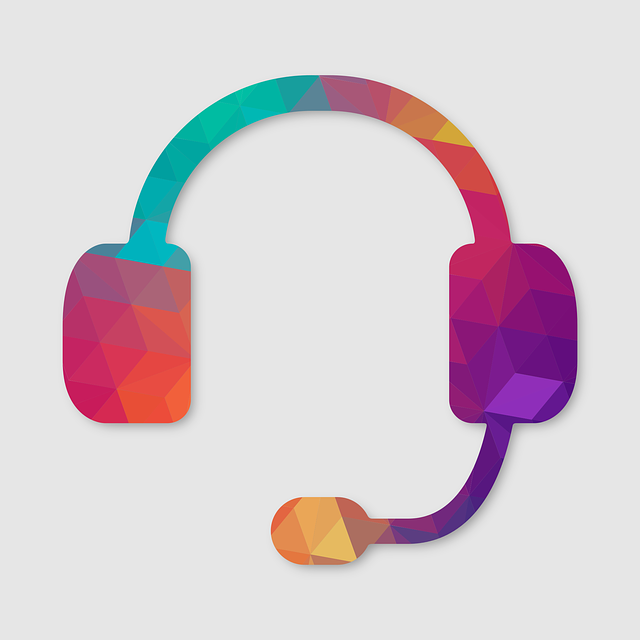

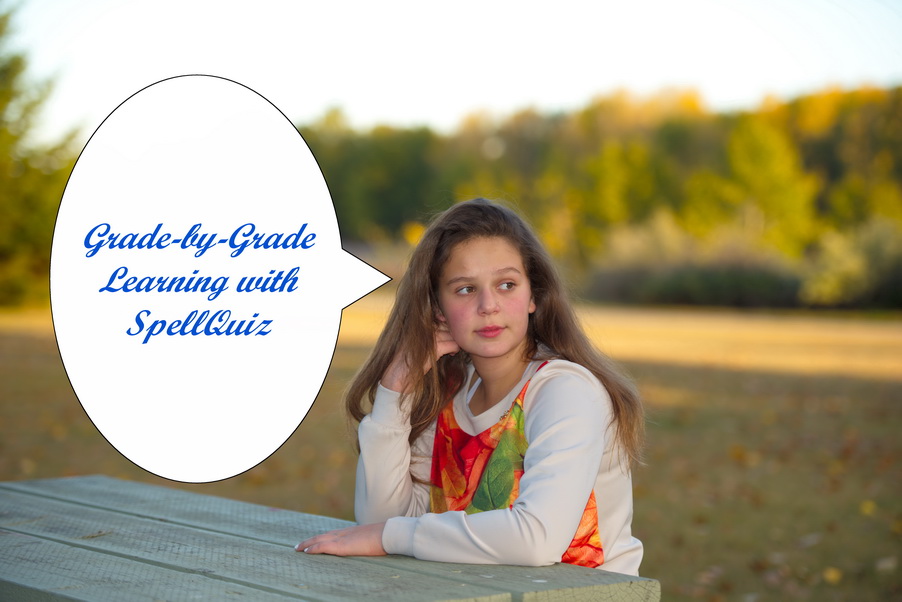







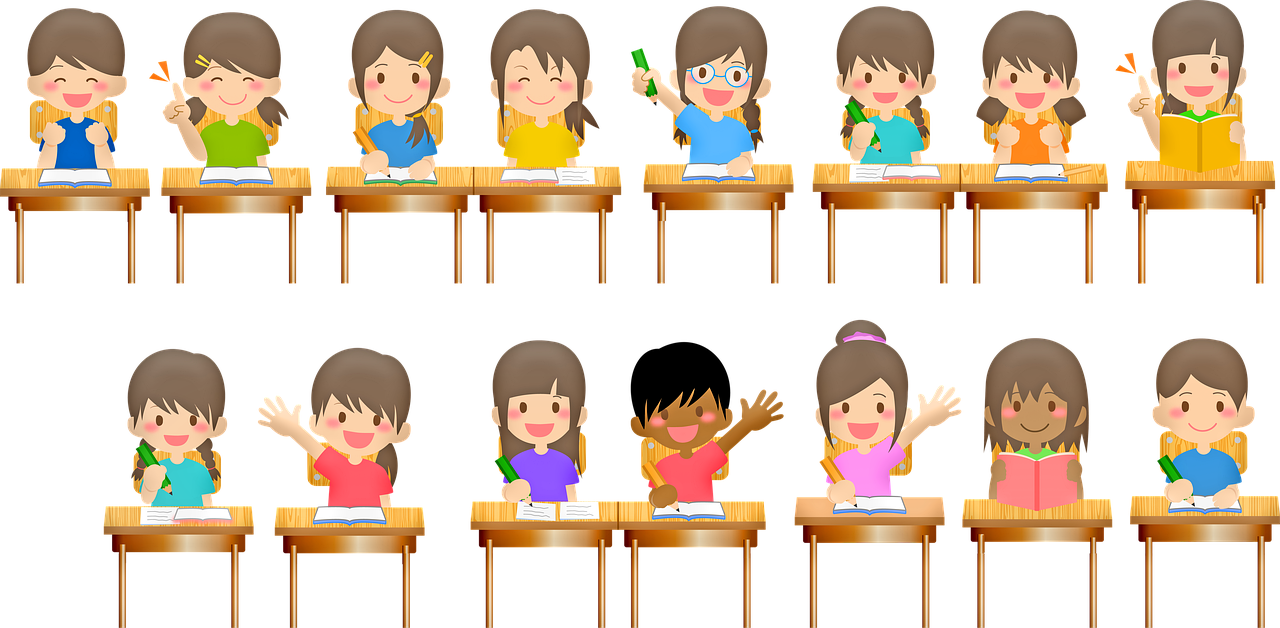









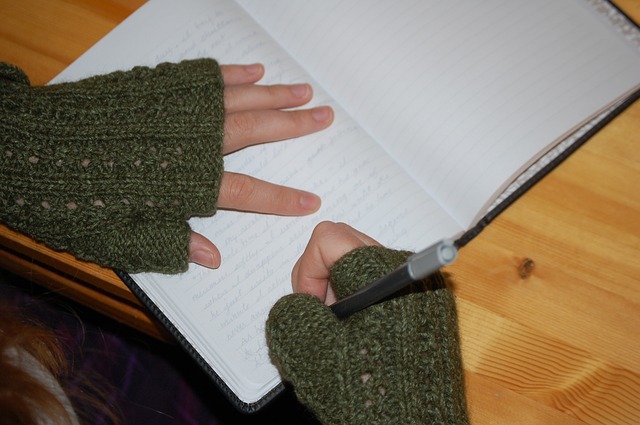
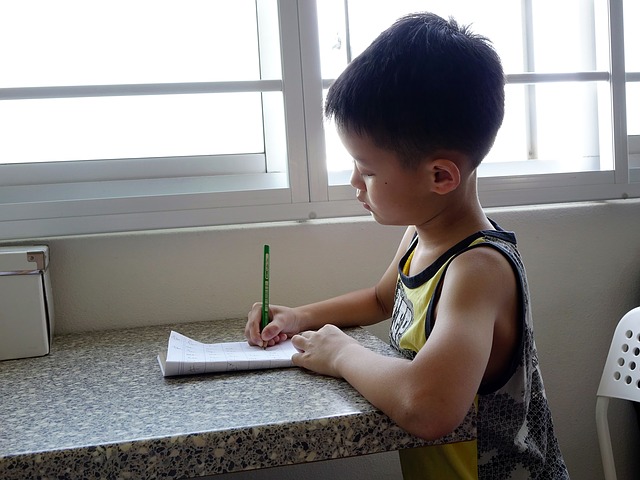





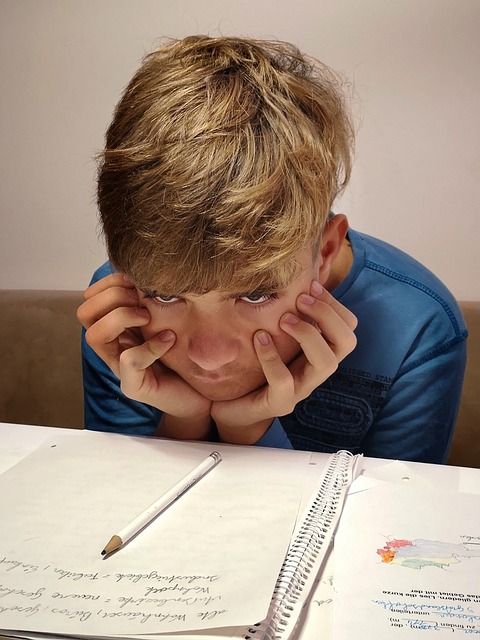
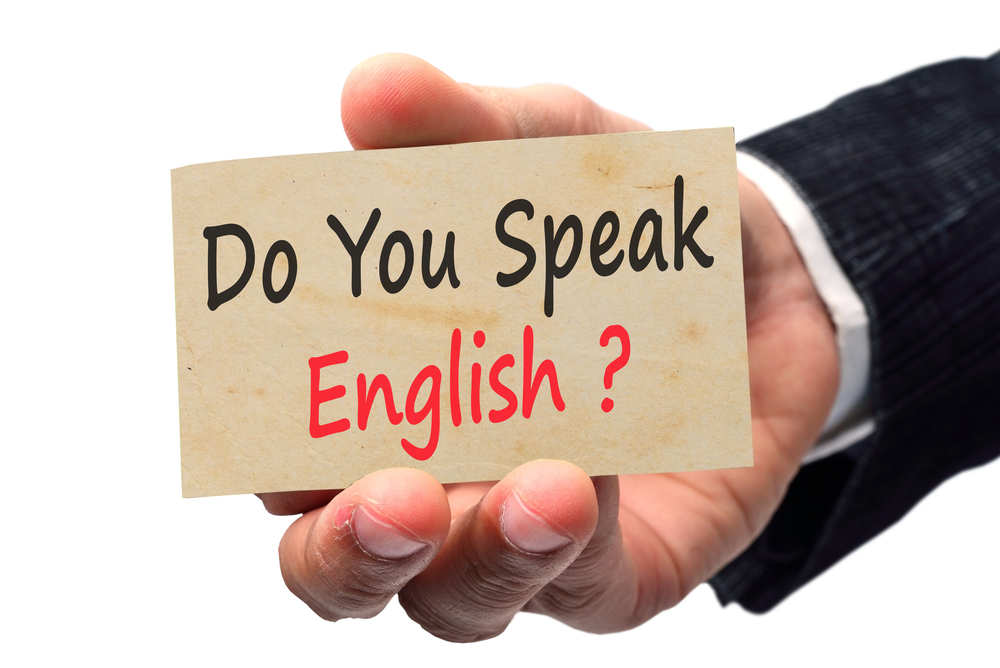 This is the card that opens many doors
This is the card that opens many doors Image by
Image by  Image by
Image by  Image by
Image by